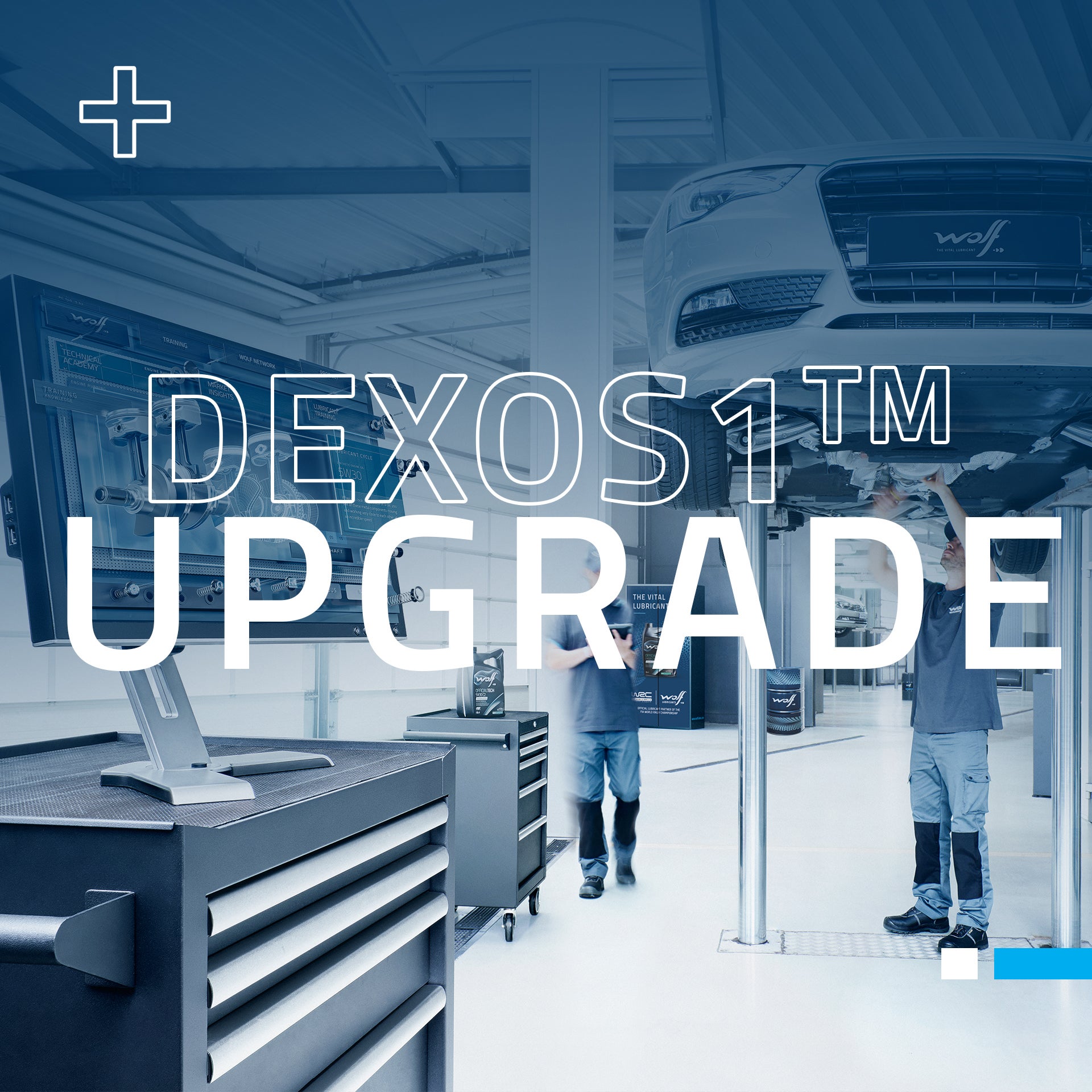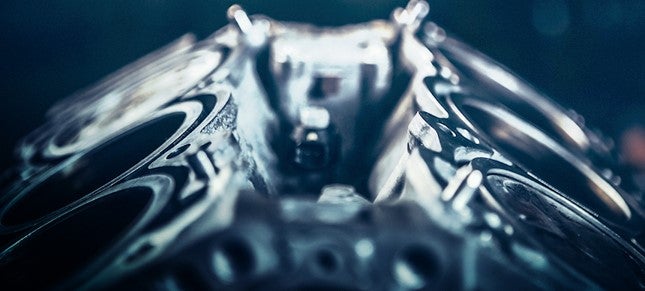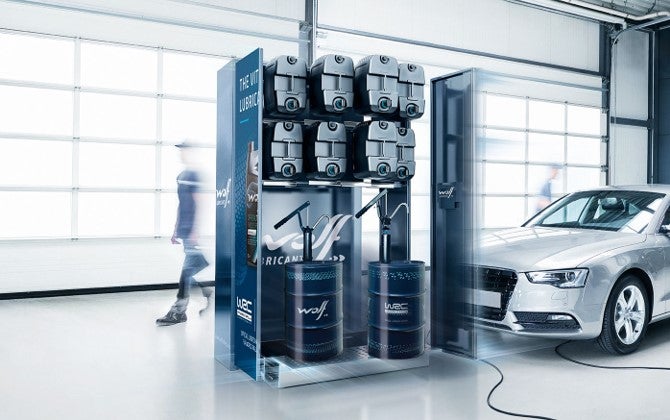
The SCR system: discover the ‘NOx killer’

The Selective Catalytic Reduction (SCR) system is an advanced system used in diesel engines that can reduce NOx emissions by up to 90%. Find out all you need to know.
SCR systems: A quick history
SCR has been used for decades to reduce stationary source emissions. In addition, many marine vessels such as cargo vessels, ferries and tugboats are equipped with SCR technology. Today, thanks to its affordability and efficiency in reducing emissions, SCR is becoming the emissions control technology that is key to meet the EURO V and VI norms for commercial vehicles.
How a SCR system works
SCR employs active emissions control technology. Here’s how it works:
- A liquid-reductant agent is injected through a special catalyst into the exhaust stream of a diesel engine. The reductant source is usually an automotive-grade urea, otherwise known as Diesel Exhaust Fluid (DEF).
- The DEF sets off a chemical reaction that converts nitrogen oxides into nitrogen, water and tiny amounts of carbon dioxide (CO2), natural components of the air we breathe.
- These components are then expelled through the vehicle tailpipe.
Why SCR is important?
All heavy-duty diesel truck engines produced after January 1, 2015 must meet the latest EURO VI emissions standards. This goes for off-road equipment, including construction and agricultural equipment as well.
The EURO VI standards are among the most stringent in the world and demand that particulate matter (PM) and nitrogen oxides (NOx) are reduced to near zero levels. To accomplish this, SCR technology is one of the most cost-effective and fuel-efficient technologies available today.
SCR can reduce NOx emissions up to 90 percent while simultaneously reducing HC and CO emissions by 50-90 percent, and PM emissions by 30-50 percent. When combined with a diesel particulate filter, the emission of PM further decreases.
But SCR has another benefit. In the commercial trucking industry, some SCR-equipped truck operators report fuel economy gains of 3-5 percent!
About Diesel Exhaust Fluid (DEF), the ‘fuel’ of a SCR system
SCR requires that you regularly replenish the Diesel Exhaust Fluid (DEF).
DEF is an aqueous urea solution made with 32.5% urea and 67.5% deionized water. This solution is named AUS 32 in ISO 22241, and the German Association of the Automotive Industry (VDA) registered the trademark AdBlue for the same product. In short, AdBlue equals AUS 32 equals Diesel Exhaust Fluid.
DEF is now widely available in various size containers such as bulk, totes and bottles or jugs.
Maintaining the proper level of DEF is essential
DEF is carried in an onboard tank. Tractor trailers typically have a DEF tank alongside the diesel fuel saddle tank.
DEF must be periodically replenished by the operator based on vehicle and operation:
- For light-duty vehicles, DEF refill intervals typically run parallel with recommended oil change intervals.
- For heavy-duty vehicles and off-road machines and equipment, the interval will vary depending on the operating conditions, hours used, kilometers travelled, load factors and other considerations.
Low DEF supply triggers a series of escalating visual and audible indicators to the driver or operator. Once the tank reaches a certain level near empty, a vehicle might not even start before DEF is refilled. Proper storage of DEF is required to prevent the liquid from freezing at temperatures below minus 11 degrees Celsius, and most vehicle DEF dispensing systems have warming devices.
You can purchase DEF at truck stops, truck dealerships and engine distributors.
Summary:
- SCR is becoming the emissions control technology that is key to meet the EURO V and VI norms for commercial vehicles.
- SCR employs active emissions control technology to convert nitrogen oxides into the natural components of the air we breathe.
- SCR technology is one of the most cost-effective and fuel-efficient technologies available to meet the EURO VI norms.
- Maintaining the proper level of DEF, also AdBlue, is essential.

